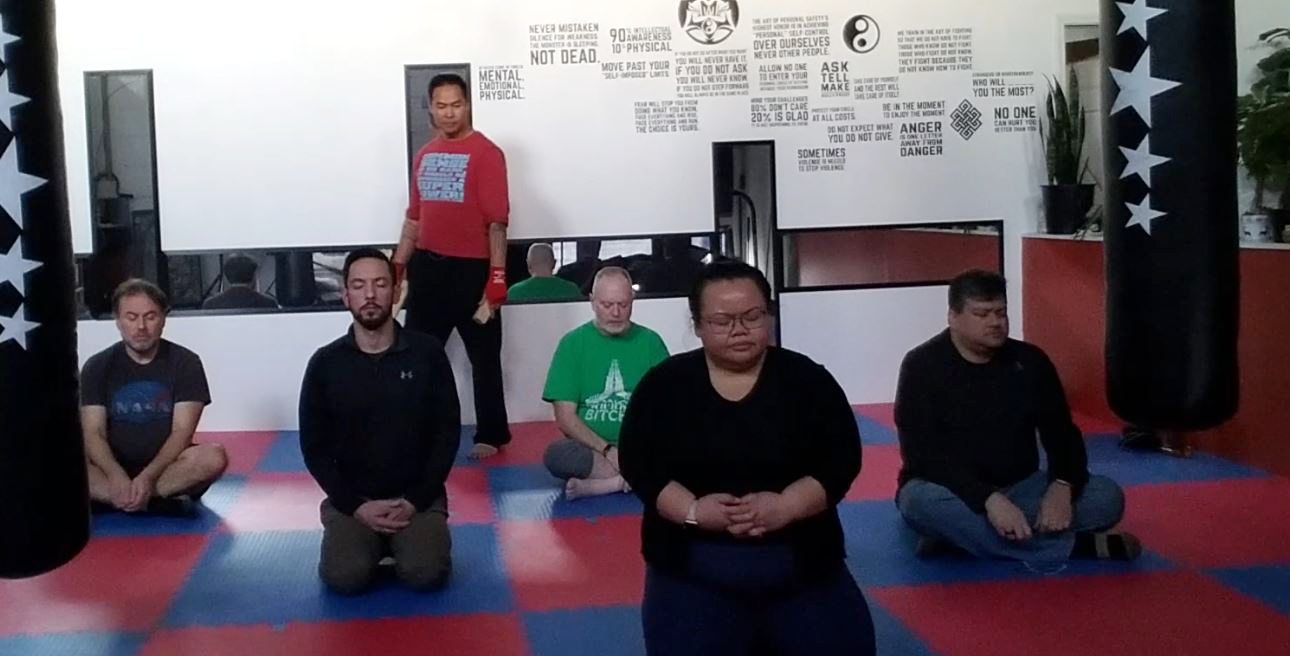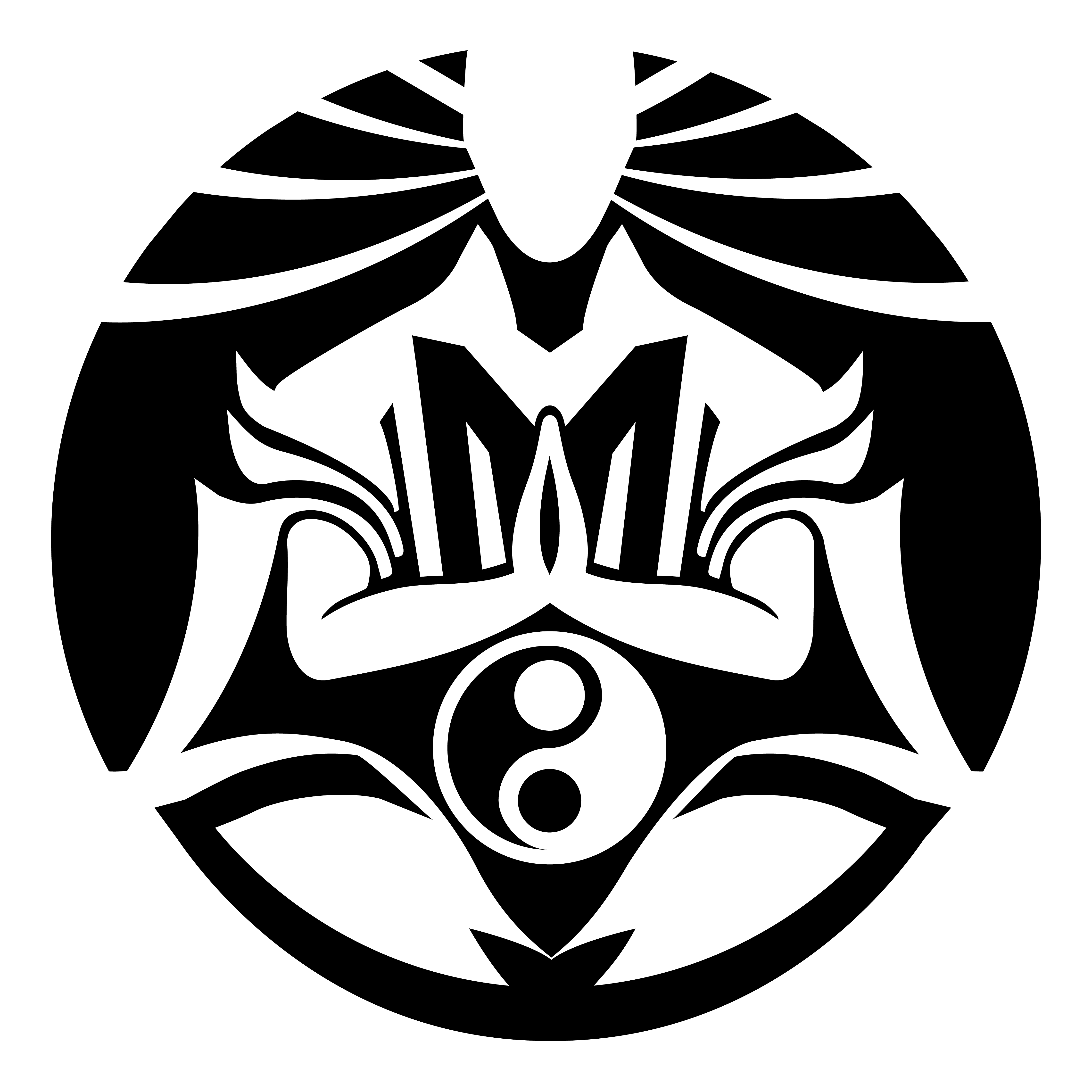Learn to H.I.R.T Ourselves Before We Can H.I.R.T Other People

Personal safety is an important aspect of our lives that is often overlooked. We tend to assume that we are safe at all times, even when we are not paying attention to our surroundings. However, the truth is that safety is something that needs to be practiced consciously to protect ourselves and those around us.
One approach to practicing the art of personal safety is by learning how to H.I.R.T ourselves. H.I.R.T stands for Honor, Integrity, Respect, and Trust. These are critical components of personal safety that can help us navigate dangerous situations and protect ourselves from harm.
Once we have learned how to H.I.R.T ourselves, we can then learn how to H.I.R.T others. This does not mean we should harm others physically or emotionally. Instead, it means we should practice Honoring their Integrity, showing them Respect, and Trusting in them until they knowingly and willingly remove us.
Being honorable means having a strong sense of integrity, honesty, and a commitment to ethical behavior. It means doing what is right even when it is difficult or unpopular, and adhering to a code of conduct that emphasizes fairness and respect for others. Being honorable also involves taking responsibility for one’s actions, admitting mistakes, and holding oneself accountable for the consequences of their actions. It is a trait that is often associated with trustworthiness, reliability, and a sense of moral duty.
Honoring someone’s integrity means recognizing their dignity, worth, and humanity. It involves treating others the way we want to be treated without being judgmental or discriminatory. Honoring someone’s integrity also means recognizing and respecting their boundaries.
To have integrity means to have strong moral principles and values and to consistently act in accordance with them. It means being honest, trustworthy, and reliable in all your interactions and decisions, even when no one is watching. Integrity involves practicing what we preach and being true to our values. Integrity allows us to make sound decisions even in difficult situations. It also involves taking responsibility for our actions and admitting our mistakes when necessary. This includes staying true to our moral compass, even if it means going against the crowd. Integrity is a crucial trait in building and maintaining trust and credibility with others.
It is to have regard or consideration for another person’s feelings, opinions, rights, and beliefs regardless of their status or background. It also involves treating others with dignity, kindness, and tolerance, being mindful of their boundaries and avoiding demeaning or hurtful behavior.
Respect involves treating others with dignity, kindness, and tolerance, being mindful of their boundaries and avoiding demeaning or hurtful behaviors while recognizing their rights and responsibilities. Respect allows us to communicate effectively and build positive relationships with others. It also means acknowledging and valuing the differences between us and others. Having consideration for their feelings, opinions, rights, and beliefs regardless of their status or background.
Trust involves believing in someone’s abilities, judgments, and intentions. It also means being vulnerable and sharing our thoughts and feelings with others. Trusting others can help us build stronger relationships and communication, which can ultimately enhance our personal safety.
In conclusion, practicing the art of personal safety by learning how to H.I.R.T ourselves is essential for our overall well-being. Honor, Integrity, Respect, and Trust are critical components that can help us navigate dangerous situations and protect ourselves from harm. By learning to H.I.R.T ourselves, we can then H.I.R.T others by Honoring their Integrity, showing them Respect, and Trusting in them until they knowingly and willingly remove us. Personal safety is not just about protecting ourselves, but also about building positive and healthy relationships with those around us.
